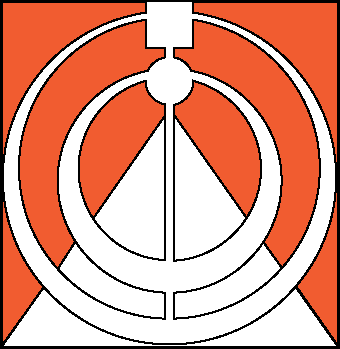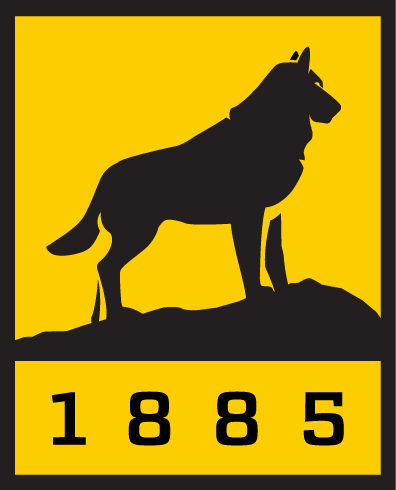While teachers are introduced to the general structure and pedagogy of Mi-STAR units and lessons in Phase 1, each unit has unique content and activities. To prepare, new teachers receive online, asynchronous “Unit Prep Courses" in Canvas for each Mi-STAR unit that they request for implementation in their classroom.
For each unit requested, teachers receive the accompanying unit prep course. Teachers open the unit prep course and read through Module 1 and then receive access to the unit resources. Teachers are encouraged, but not required, to complete Unit Prep Courses for each unit they request. Unit Prep Courses take approximately two to three hours to complete. Mi-STAR recommends that district leaders plan to provide time or compensation for this critical teacher preparation.
Designed to support teachers new to Mi-STAR during their first year of teaching, the Toolkit courses in Phase 2 focus on key NGSS pedagogy and skills, the whats, the whys, and most importantly, the hows of classroom implementation.
Build Your Toolkit sessions may be offered by a local Professional Learning Facilitator, and are also offered synchronously and asynchronously by Mi-STAR staff.
Teachers select three of the five topics, in any combination of platforms, to complete a total of six hours of professional learning by the end of their first year. While designed to meet the needs of new Mi-STAR teachers, we encourage any and all interested teachers to use Phase 2 courses to build pedagogical skills.
Phase 2 Build Your Toolkit topics:
- The Unit Bubble Map
- System Models
- Productive Talk
- Claim, Evidence, Reasoning
- 3D Assessment
.jpeg)
.jpg)


















